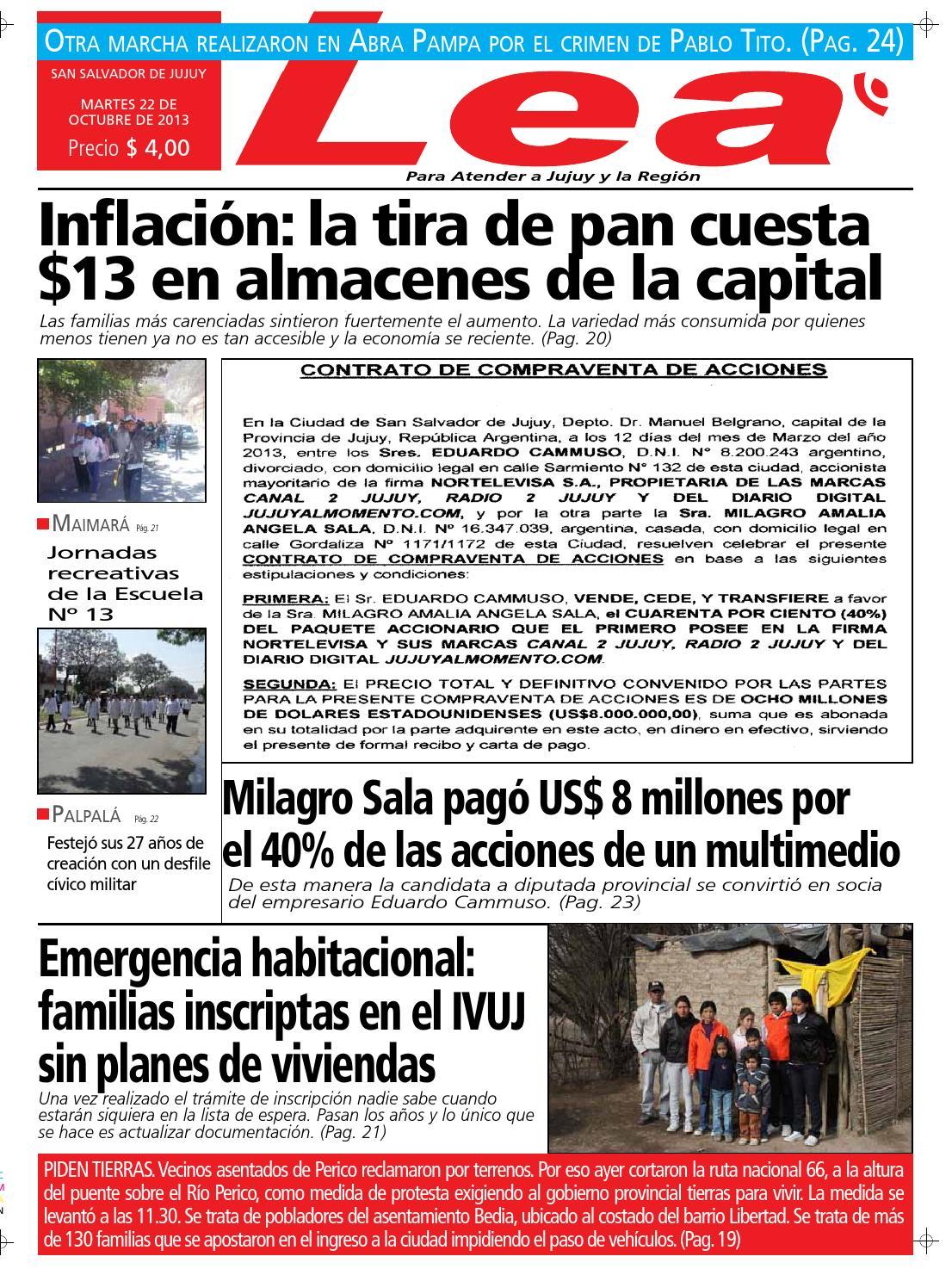El Roperito celebrated its 20th anniversary yesterday with a pure parade
These actions were accompanied by live music by DJ Michael.
It is worth remembering that, since 2002 and without interruptions, the El Roperito fair has been operating in the heart of the Pichincha neighborhood next to the Mercado Retro and the Feria del Bulevar, promoted and managed by the Ministry of Culture and Education, in the framework of public, cultural and inclusion policies carried out by the Municipality.
“With El Roperito, we materialize the idea that the old clothes we had in the closet can be a work force. At the beginning, we each brought a wardrobe, it was a feat, moving the different little wardrobes from one side to the other, we settled in the street and it was revolutionary”, confided Dante Taparelli, secretary of the area.
And he expressed: “It gives me deep tenderness to meet all social classes shopping at El Roperito and that it has become a place of belonging, of generating a virtuous economy, of workers, and that in turn you are fairs have changed the habitual physiognomy of Pichincha”.
Solidarity and affection

According to the vision of the local authorities, El Roperito is a space for work and coexistence. With more than 50 stalls selling used clothing and accessories, it became a meeting place for collecting vintage objects that are part of Rosario's history.
Each garment and accessory is immersed in a web of relationships of solidarity and affection, but above all of reuse; which makes it a true ecological clothing market.
It is worth noting that it is part of the Arriba Rosario Fairs that make up an iconic cultural and commercial walk in the city. In addition, they generate a circuit for the distribution and consumption of products that strengthen alternative economies and the participation of citizens.
These are 10 stable fairs distributed in different public spaces, mainly squares and green spaces in the city, located along the coastal strip from Parque Nacional a la Bandera to La Florida. They work throughout the year, with a scheme of permanent stallholders, selected by annual inspections and a quota for eventual visitors.
To understand this phenomenon, it is necessary to understand that the fairs add up to more than 600 stalls and are grouped under two large names: on the one hand, the handicrafts, handicrafts and popular art fairs; and on the other, cultural fairs for the exhibition and sale of used objects or antiques, made up of two markets: the Retro and the Roperito.
The El Roperito fair operates on Avenida Rivadavia at 2500. On Saturdays from 2 to 8 p.m., Sundays from 12 to 8 p.m., and holidays from 12 to 8 p.m.









